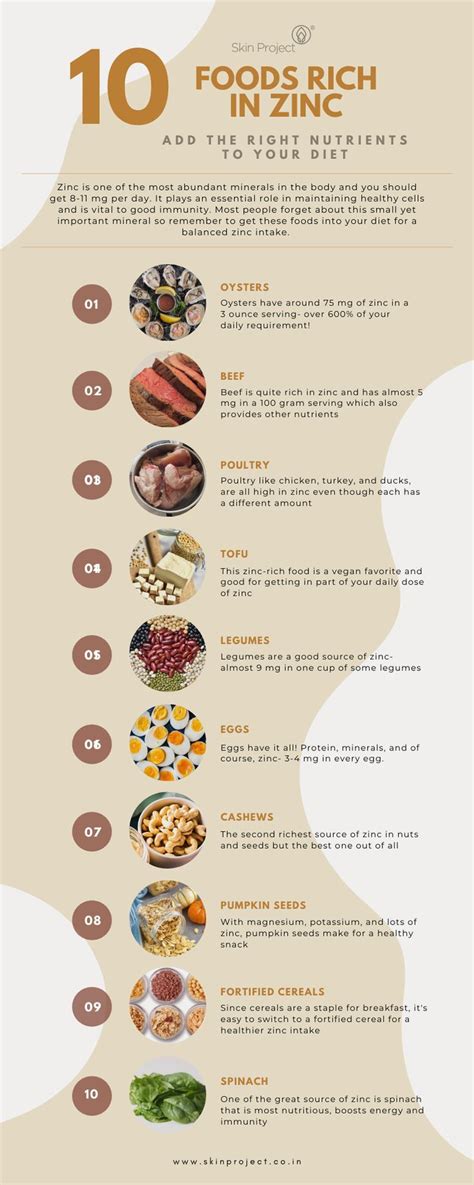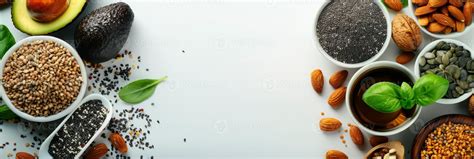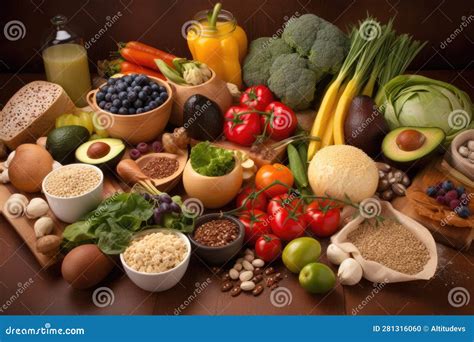Which key nutrients naturally boost testosterone for male vitality?

Understanding Testosterone and Male Vitality
Testosterone, the primary male sex hormone, is vital for more than just reproductive health. It influences energy levels, mood, muscle mass, bone density, and fat distribution. As men age, testosterone levels naturally decline, but various factors, including diet, can significantly impact its production. Optimizing your nutrient intake is a powerful, natural way to support healthy testosterone levels and enhance overall male vitality.

Vitamin D: The Sunshine Hormone
Often referred to as the ‘sunshine hormone’ due to its production in the skin upon sun exposure, Vitamin D is increasingly recognized for its role in testosterone synthesis. Research indicates a strong correlation between adequate Vitamin D levels and higher testosterone. It acts as a steroid hormone within the body, influencing numerous biological processes, including hormone regulation.
To boost your intake, consider regular, safe sun exposure, fortified foods like milk and cereals, and fatty fish such as salmon, mackerel, and tuna. Supplementation can also be a viable option, especially for those living in less sunny climates or with limited outdoor time.
Zinc: An Essential Mineral
Zinc is a critical trace mineral involved in over 300 enzymatic reactions in the body, including those essential for testosterone production. A deficiency in zinc has been directly linked to decreased testosterone levels. It plays a key role in the Leydig cells in the testes, which are responsible for producing testosterone.
Excellent dietary sources of zinc include oysters (exceptionally high), red meat, poultry, beans, nuts, and whole grains. Ensuring sufficient zinc intake through a balanced diet is fundamental for maintaining hormonal balance.

Magnesium: The Performance Mineral
Magnesium is another vital mineral that impacts testosterone. It helps prevent testosterone from binding to sex hormone-binding globulin (SHBG), a protein that renders testosterone inactive. By reducing SHBG binding, magnesium can increase the amount of free, biologically active testosterone in the body.
Incorporate magnesium-rich foods into your diet such as leafy green vegetables (spinach, kale), nuts (almonds, cashews), seeds (pumpkin, chia), legumes, and dark chocolate. Many men are deficient in magnesium, making dietary focus or supplementation particularly important.
Healthy Fats: Building Blocks for Hormones
Cholesterol, often demonized, is a precursor to all steroid hormones, including testosterone. Healthy fats, particularly monounsaturated and saturated fats from whole food sources, are crucial for optimal hormone production. While excessive intake of unhealthy fats should be avoided, a balanced approach to dietary fats is essential.
Sources of healthy fats include avocados, nuts, seeds, olive oil, and fatty fish rich in omega-3 fatty acids like salmon and sardines. These fats provide the necessary building blocks and support overall cellular function, which indirectly benefits hormone synthesis.

Other Supporting Nutrients: B Vitamins and Selenium
While Vitamin D, Zinc, and Magnesium are primary players, other nutrients also contribute to male hormone health:
- B Vitamins: Particularly Vitamin B6, are involved in various metabolic processes and can influence hormone regulation. They act as cofactors in many enzymatic reactions.
- Selenium: An antioxidant mineral important for thyroid function, which is closely linked to testosterone production. Selenium also plays a role in reproductive health.
Focus on a diet rich in whole foods, including lean meats, eggs, whole grains, fruits, and vegetables, to ensure a broad spectrum of these supporting nutrients.

Beyond Diet: A Holistic Approach
While nutrition is paramount, it’s part of a larger picture. To naturally optimize testosterone levels and male vitality, consider integrating these lifestyle factors alongside your dietary changes:
- Regular Exercise: Especially strength training and high-intensity interval training (HIIT).
- Adequate Sleep: 7-9 hours per night is crucial for hormone regulation.
- Stress Management: Chronic stress elevates cortisol, which can suppress testosterone.
- Limit Alcohol and Processed Foods: These can negatively impact hormone balance.

Conclusion
Boosting testosterone naturally for male vitality isn’t about quick fixes but a consistent, mindful approach to nutrition and lifestyle. By prioritizing a diet rich in Vitamin D, Zinc, Magnesium, and healthy fats, alongside a holistic approach to health, men can significantly support their hormone levels, leading to improved energy, mood, strength, and overall well-being. Always consult with a healthcare professional before making significant dietary changes or starting new supplement regimens, especially if you have underlying health conditions.








